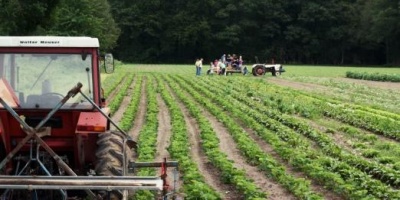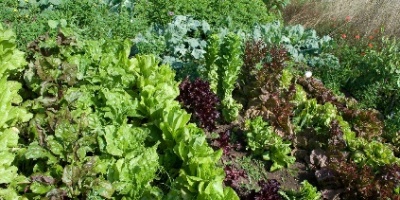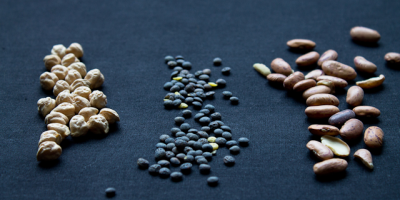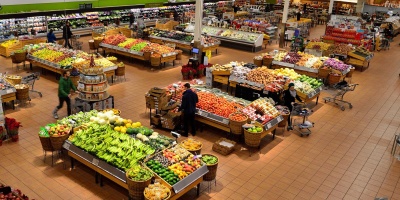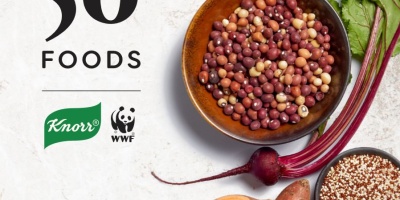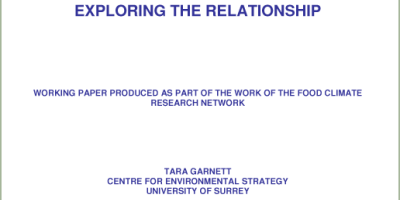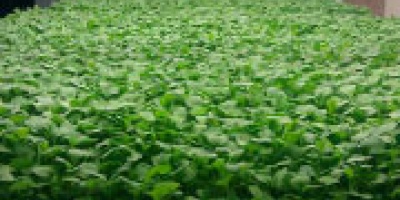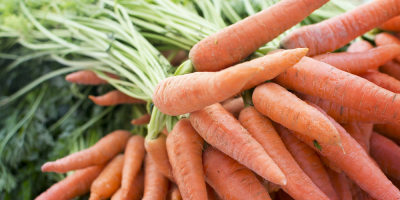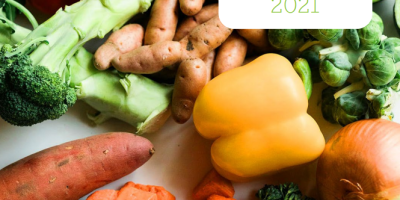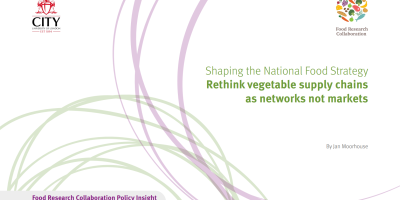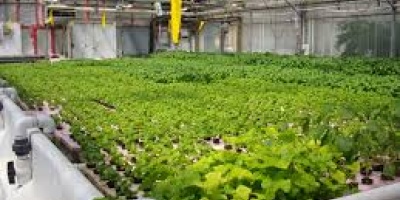A vegetable is commonly thought of as any part of a plant consumed as part of a savoury meal (excluding fruits, nuts and cereal grains but including seeds such as pulses). Because vegetables are low in fat and carbohydrates yet high in vitamins, minerals and fibre, they play an important part in human nutrition. While on average vegetables have a fairly low carbon footprint, impacts can vary considerably by the vegetable in question and how it has been produced and distributed. When vegetables are grown in protected heated greenhouses their production can be very energy intensive. A minority of produce is air-freighted, with the associated GHG emissions much increasing the environmental cost of the produce. Low GHG impact produce are generally robust, consumed in season and/or transported by sea and land. Other important environmental concerns include high pesticide use, use of irrigation water and, because of their perishability, waste. Some express concern about the socio-economic impact of horticultural exports from developing countries to developed countries; while this can bring much needed cash to poor economies, shortages of nutritious food locally may be exacerbated by the export culture. Other issues relate to exploitation of workers and low wages.




